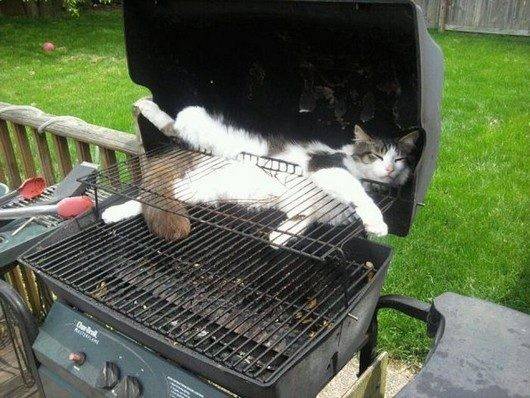Prompted by a C.S. Lewis quote posted by fellow-writer Mark Zellner, 
C.S. Lewis, The Four Loves
Friendship is unnecessary, like philosophy, like art…. It has no survival value; rather it is one of those things which give value to survival.
New to my life is this:
I’m a manager on Saturdays at Spring Gate Vineyard in the tasting room.
It’s a place where friends meet. It’s a great place to get to know people, and also to study people as they socialize (observe and people-watch).
People could meet there for business, and some do. But these sorts of gatherings are few by comparison to all the others.
There’s something about friendship that gets enhanced through the communing with food and drink in a bucolic setting. People linger and relax. They smile more.
I’ve never seen someone pre-occupied on there smartphone, unless they were checking on their friend’s arrival. Most everyone is fully there enjoying the company, the setting, and of course the wine (and the food from the caterers we partner with).
Alcohol? Is that part of the equation?
Not in the way you would think.
This is no place of obliteration with alcohol (the odd exception being the occasional limo parties who make us one stop of many). It’s a moderate environment in every way.
Friendships that can help moderate the cruelties of life are a treasure.
The complexities of flavors…in the wine, the food, and the company are savored where I work. And that is the sweetness of life.
I do pity those without friendship. I pity those who do not make friends by being a friend. My mother told me this is how it works. I agree with her, but that’s how you get one started.
They need nourishment, cultivation, compassion, and sometimes weeding or pruning–the hard work of digging in and getting dirty when things are not perfect.
And I do pity those who dare not trust and risk to forge close friendships, because the rewards of deep friendship are lavish.
(This is not to say that pain will be absent from friendship. Any friendship without some pain is a swallow one. Sadly, though, the threat of this (typical sort of) pain keeps too many watching at a distance.)
Perceived betrayals and miscommunication are the tannin.
And like tannins make wine better as it ages, the bumpy patches can (potentially, and with God’s help) work positively make our friendships get better with age.)
I’ll add to Lewis’ thought,
“Cooperation-not friendship-is necessary for human survival…but friendship elevates survival and gives it the balance, lovely complexity, and long, sweet finish.” -LD
So there is, like many things in this world, a “wastefulness” about friendship. Like beauty and ingenious design, of say a fly’s wing or a plant, friendship has something that points off the map to a greater reality. A greater Truth.
Friendship may be the most necessary thing after all to feel fully alive. It taps deeply into our wiring, into our human need for connection and meaning. It may look a bit different for each of us, of course.
Without it we may have a disease of mind, or of society at large. Without it we can tap into the hopelessness that strikes when we feel we are forgotten or alone. Disconnection is hell after all.



 Was this a wet cat trying to dry out?
Was this a wet cat trying to dry out?

